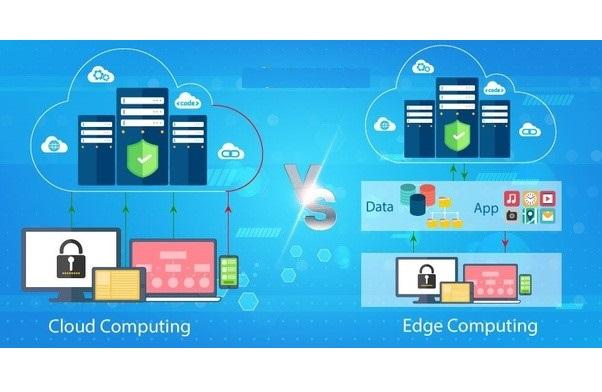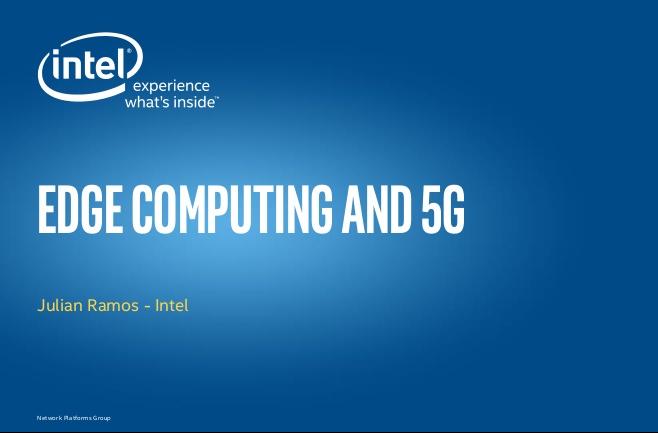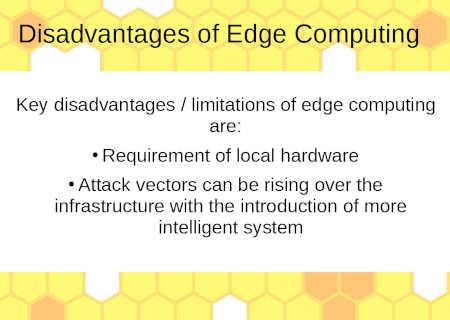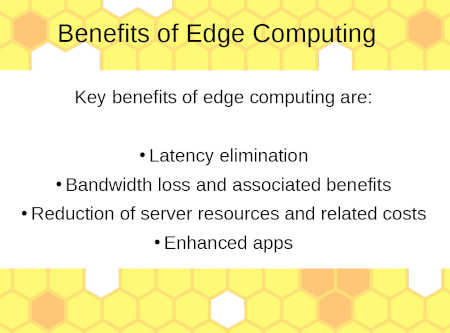Updated By: LatestGKGS Desk
Cloud computing vs Edge Computing

Compare between Cloud Computing and Edge Computing
Introduction:
Cloud Computing: Cloud computing is a centralized network of remote servers that provide on-demand availability of Computing and Storage resources over an Internet Connection. It offers businesses reductions in their costs, mobility, and security as the data is centrally managed and stored virtually.
Edge Computing: For starters, it is the evolution and more-efficient form of Cloud computing. However, as per the literal meaning, it specifies that all of the computation will be performed at the edge of the network instead of a centrally managed platform.
Compariosn or the Diffrence :-
- The biggest advantage of edge computing over cloud computing is the number of operations required by the client to reach and transfer data from the server. Edge computing distributes these data processes across different locations. This makes the data deliverable to the nearest node and processing at the edge.
- However, when it comes to being powerful in terms of processing, cloud infrastructures are preferred over edge computing. -
- Another key difference lying between edge and cloud is that the cloud offers a centrally managed platform for the whole system of data retrieval or whatever the process might be, is initiated through the Centrally Managed System (CMS). In the case of edge computing, only the initial processing is done by the "edge" network while rest is carried by a Centrally Managed System which makes the initial processing more time redundant and efficient.
- When it comes to data retrieval in Cloud Computing, files, or applications are directly accessed from the server. In the case of edge computing processing done on the "edge" network is through the Internet of Things (IoT).
- Edge Computing is used for real-time monitoring and analysis, whereas Cloud Computing is essentially used for the back-end data access that might not be efficient enough to provide real-time monitoring and analysis.
- The exposure to the nearest-access of the data can make the data vulnerable to malicious attempts which can prove as a big “NO” for data security, but it is less unlikely to happen in Cloud Computing. Cloud Computing offers data security compliant with certain additional security layers to protect the customer's data.


